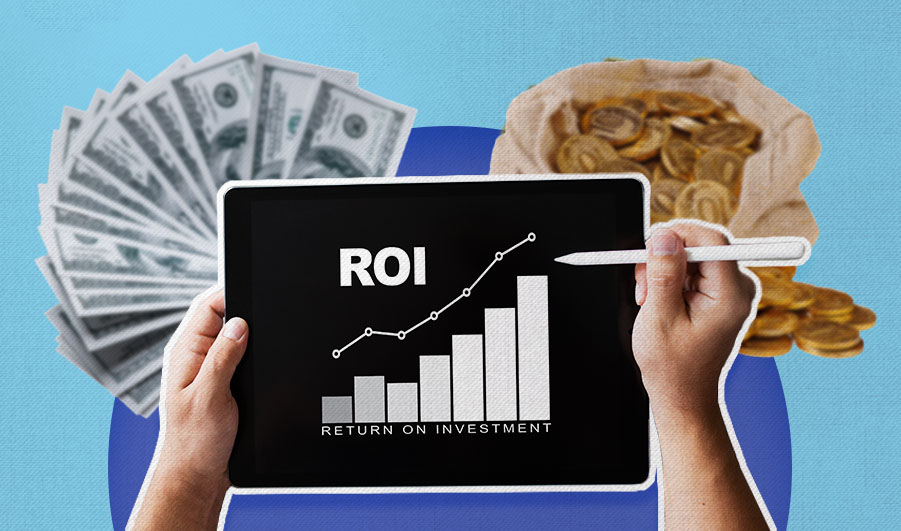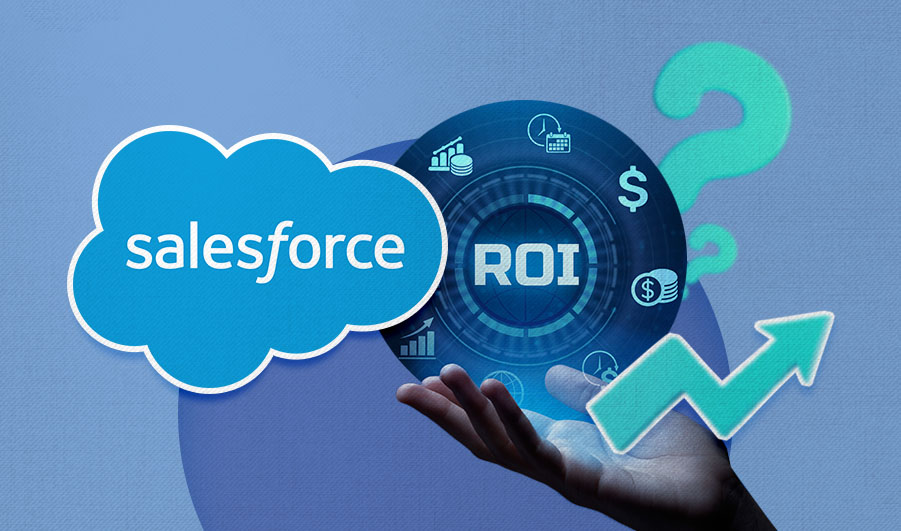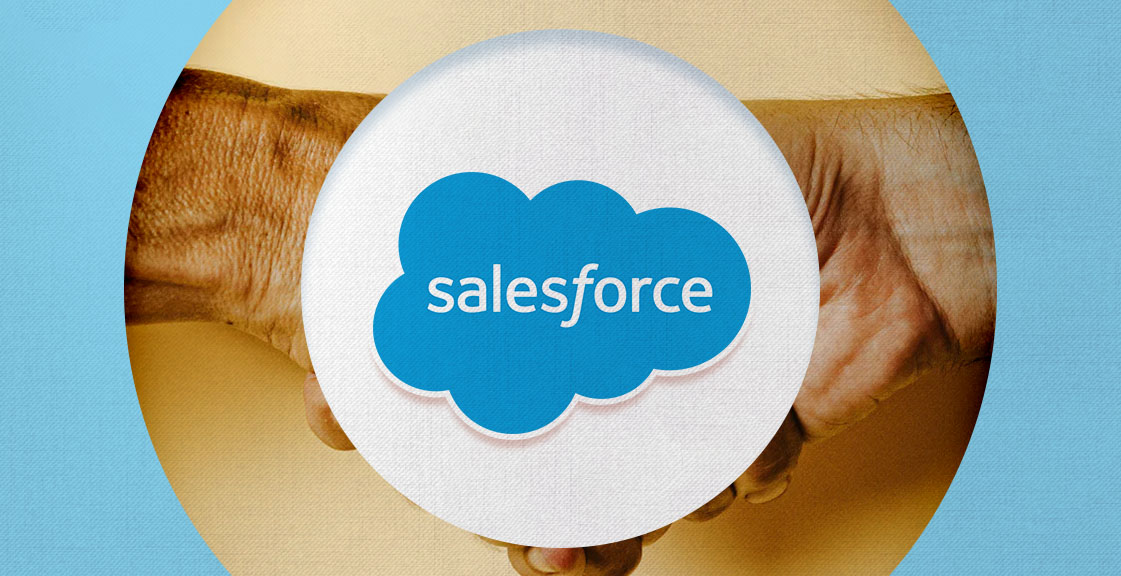Web Development
Measuring the ROI of CRM: Metrics That Matter


In today’s competitive business landscape, customer relationship management (CRM) has become an essential tool for organizations to stay relevant and maintain a competitive edge. CRM software can help businesses manage customer interactions, track sales, and enhance customer satisfaction. However, measuring the return on investment (ROI) of CRM can be challenging. In this article, we will explore the metrics that matter when it comes to measuring the ROI of CRM and how Salesforce, one of the leading CRM providers, can help businesses achieve success.

What is CRM ROI, and why does it matter?
ROI is a measure of the financial benefit or return on an investment relative to the investment’s cost. The ROI of a CRM system refers to the financial gains a business has achieved as a result of implementing a CRM system relative to the cost of the system.
Measuring the ROI of a CRM system is critical because it helps businesses determine whether their investment in the system is generating enough financial returns to justify the expense. Measuring the ROI of CRM can also help businesses identify areas where they can optimize their CRM systems to maximize their returns.

Metrics that matter when measuring CRM ROI
- Revenue growth: One of the most crucial metrics for measuring CRM ROI is revenue growth. Revenue growth measures the increase in sales revenue over a specific period as a result of implementing a CRM system. By analyzing the revenue growth, businesses can determine the financial impact of their CRM system and identify areas where they need to improve.
- Customer retention rate: Customer retention rate measures the percentage of customers who continue to do business with a company over a specific period. By measuring the customer retention rate, businesses can determine whether their CRM system is helping them retain customers or if they need to improve their retention strategies.
- Customer lifetime value: Customer lifetime value (CLV) measures the total value a customer brings to a business over their lifetime. By analyzing the CLV, businesses can determine the financial impact of their CRM system on customer relationships.
- Sales cycle length: Sales cycle length measures the time it takes for a lead to become a customer. By reducing the sales cycle length, businesses can increase the efficiency of their sales process and generate more revenue.
- Customer satisfaction: Customer satisfaction measures how satisfied customers are with a company’s products or services. By measuring customer satisfaction, businesses can determine whether their CRM system is helping them improve their customer relationships and identify areas where they need to improve.

How Salesforce can help businesses measure CRM ROI
Salesforce is one of the leading CRM providers globally, and its software is designed to help businesses manage customer interactions, sales, and marketing. Here are some ways Salesforce can help businesses measure CRM ROI.
- Salesforce provides robust reporting and analytics tools that enable businesses to track the metrics that matter when measuring CRM ROI. The reporting and analytics tools provide businesses with real-time data on their revenue growth, customer retention rate, CLV, sales cycle length, and customer satisfaction.
- Salesforce’s artificial intelligence (AI) capabilities can help businesses optimize their CRM systems to maximize their ROI. For example, Salesforce’s AI-powered lead scoring tool can help businesses prioritize leads based on their likelihood of converting into customers, which can reduce the sales cycle length and increase revenue.
- Salesforce provides businesses with a customizable dashboard that displays the metrics that matter most to them. The customizable dashboard can help businesses visualize their CRM data, identify trends, and make informed decisions.

Conclusion
Measuring the ROI of a CRM system is critical for businesses to determine whether their investment in the system is generating enough financial returns. The metrics that matter when measuring CRM ROI include revenue growth, customer retention rate, customer lifetime value, sales cycle length, and customer satisfaction.
Salesforce is a leading CRM provider that can help businesses measure their CRM ROI. Salesforce provides businesses with robust reporting and analytics tools, AI capabilities, and a customizable dashboard that displays the metrics that matter most. By leveraging these tools, businesses can optimize their CRM systems and improve their customer relationships, which can lead to increased revenue growth, improved customer retention, and higher CLV.
Ultimately, measuring the ROI of a CRM system is an ongoing process that requires businesses to continually monitor and analyze their CRM data. By doing so, businesses can identify areas where they can improve their CRM systems to maximize their returns and achieve long-term success in today’s competitive business landscape.






